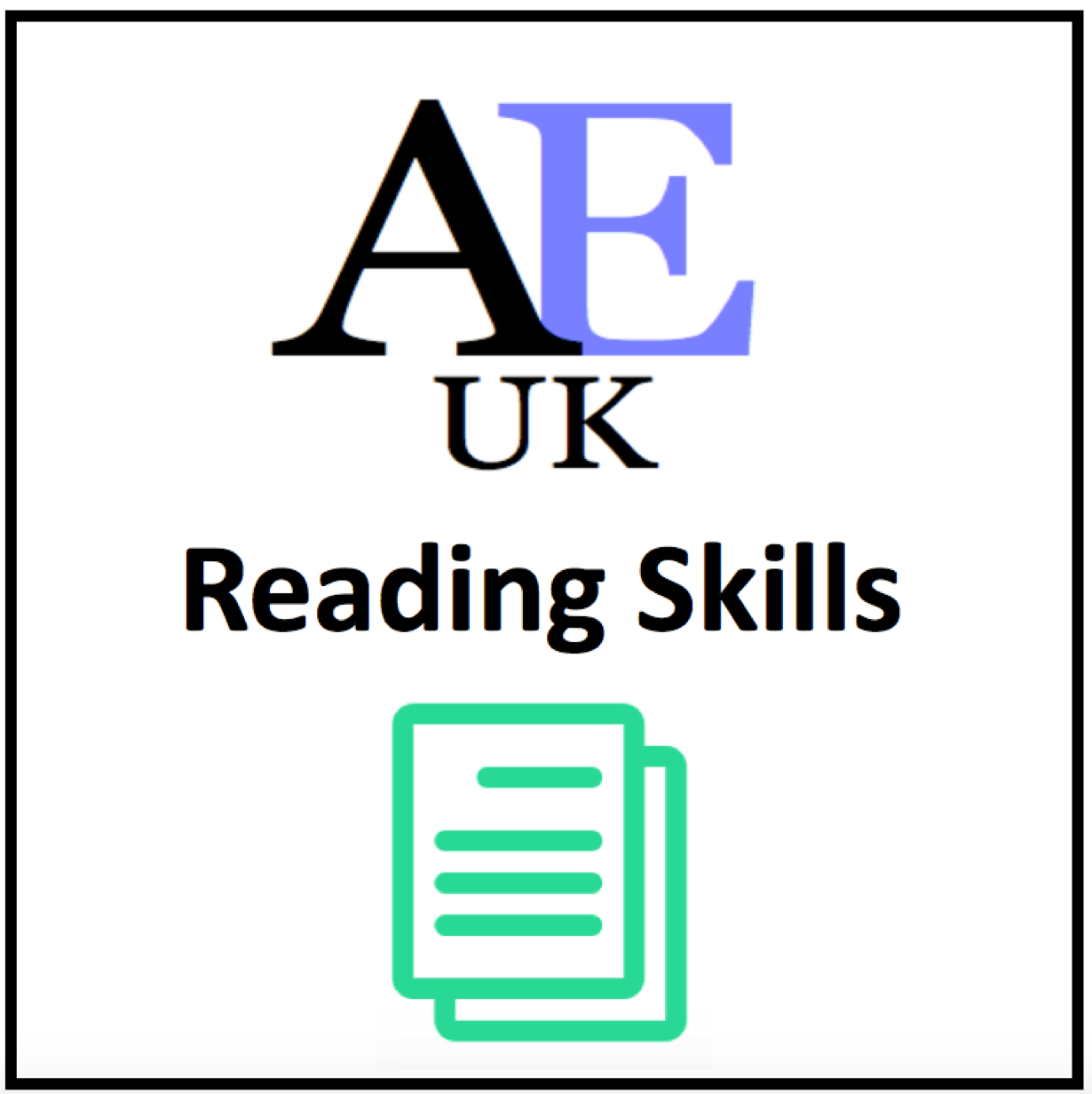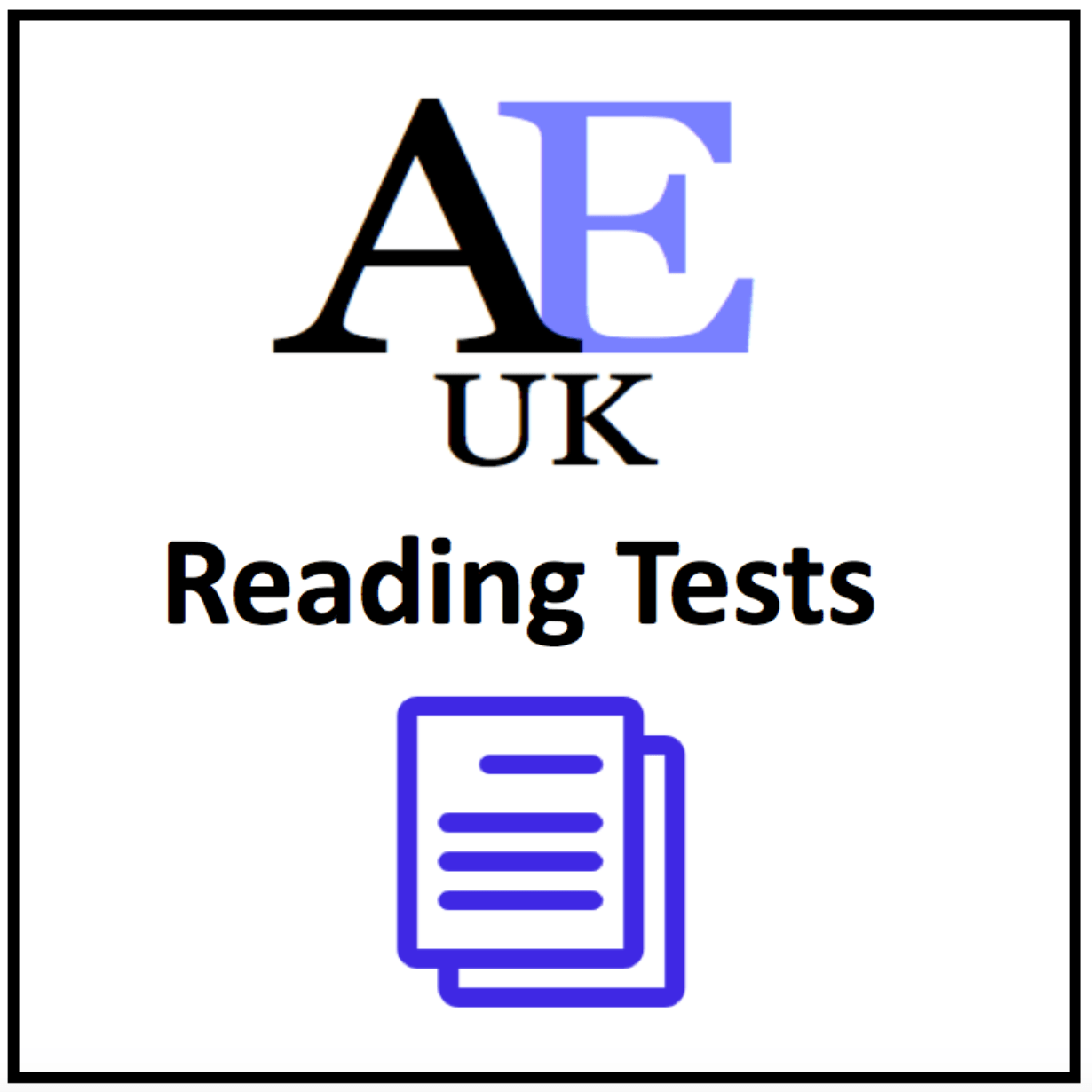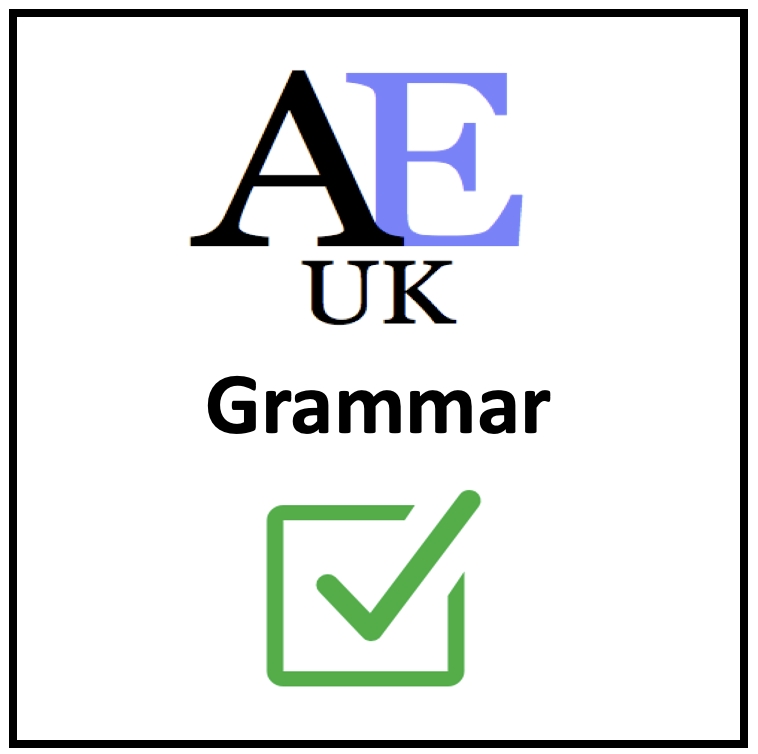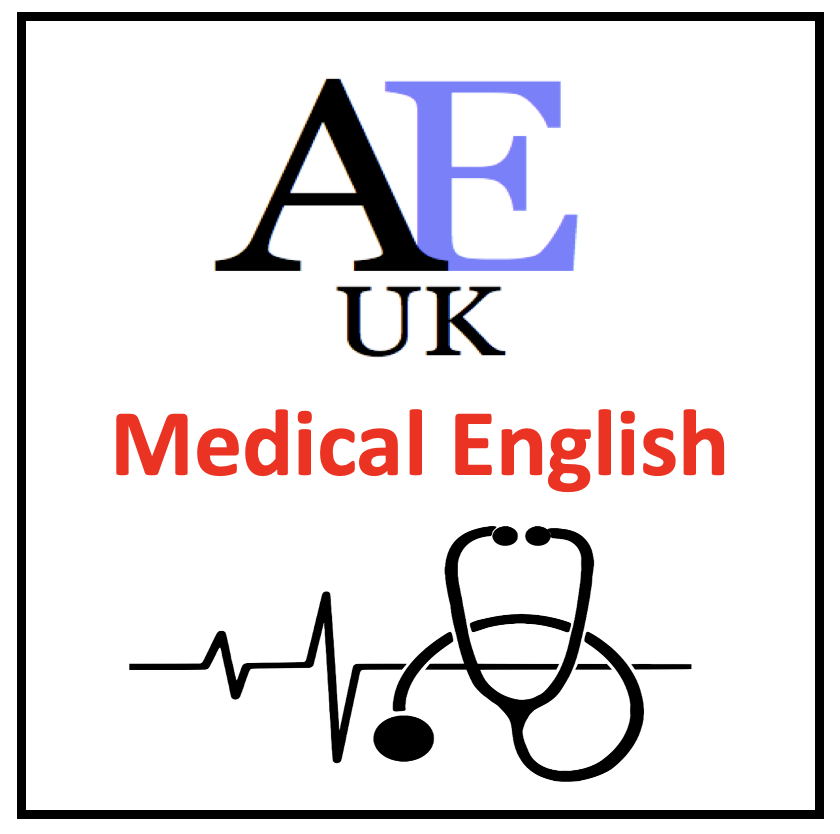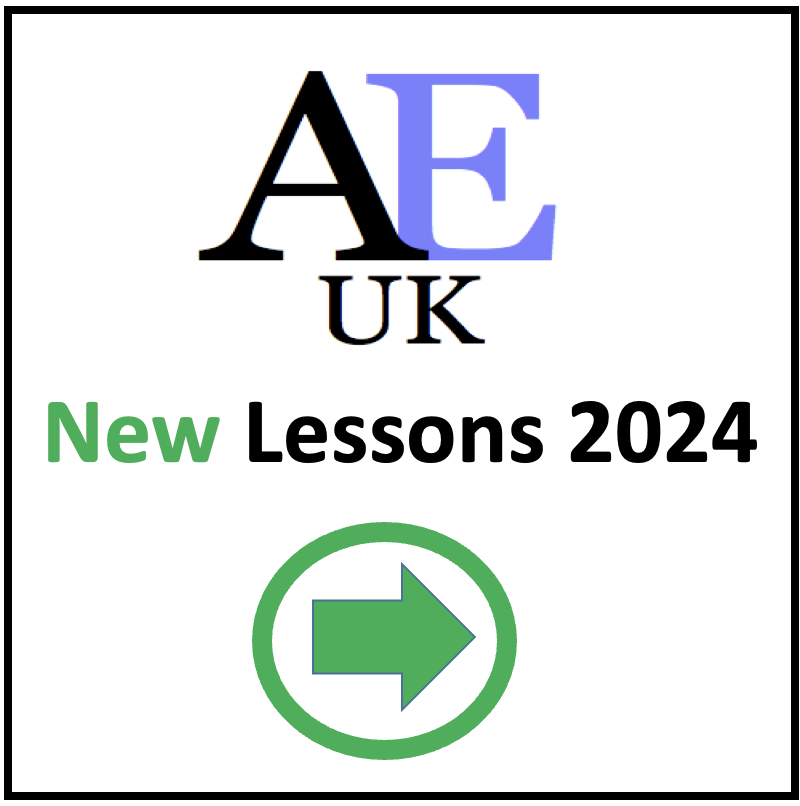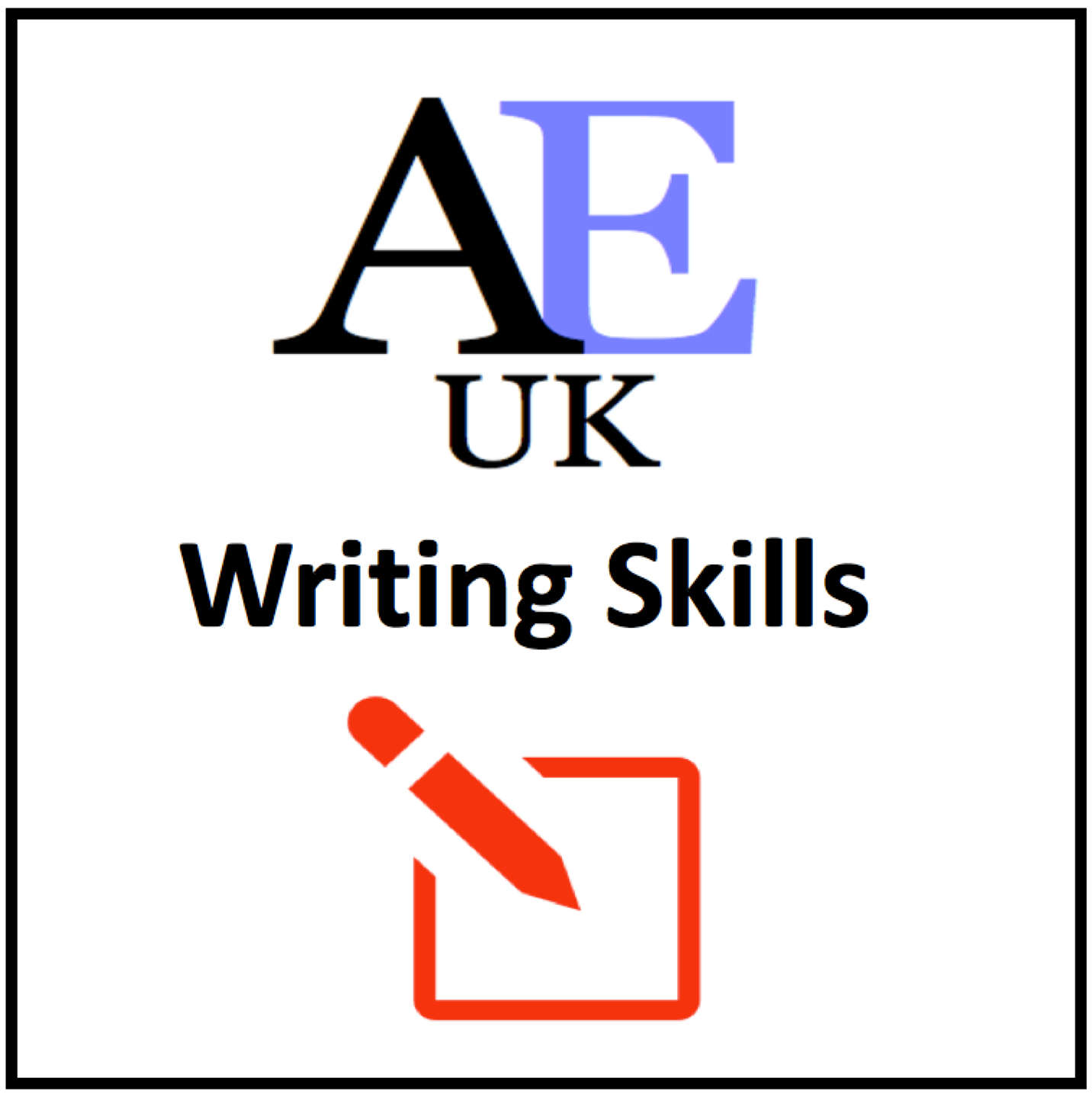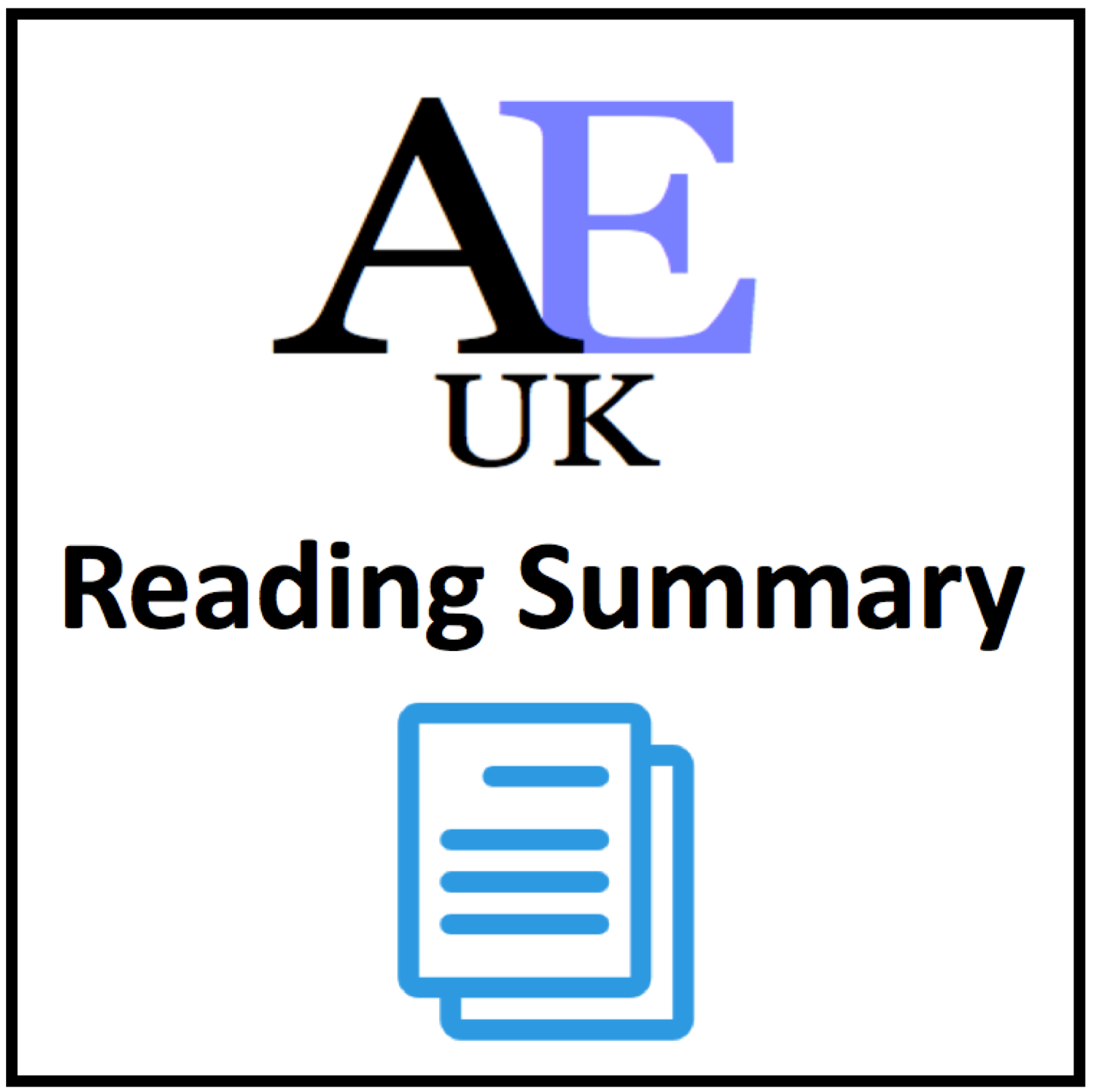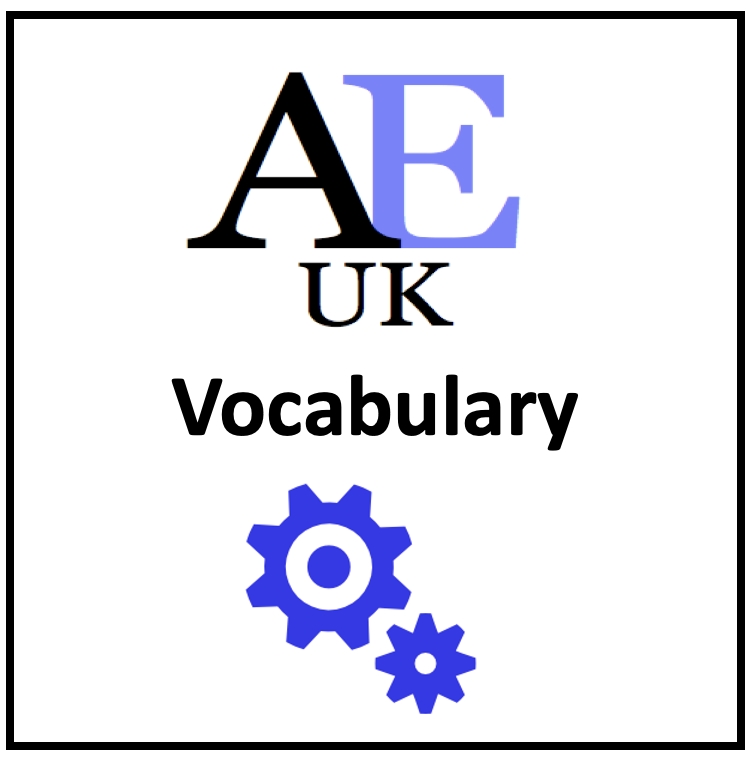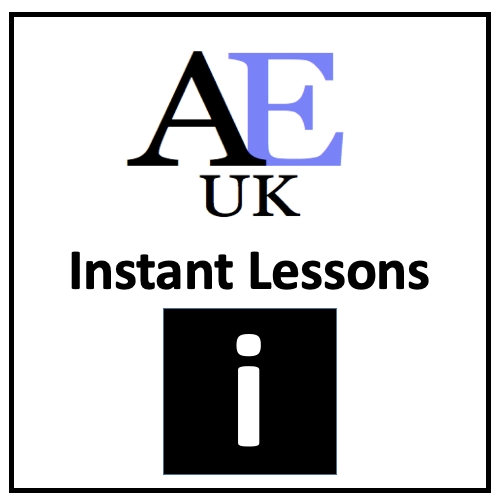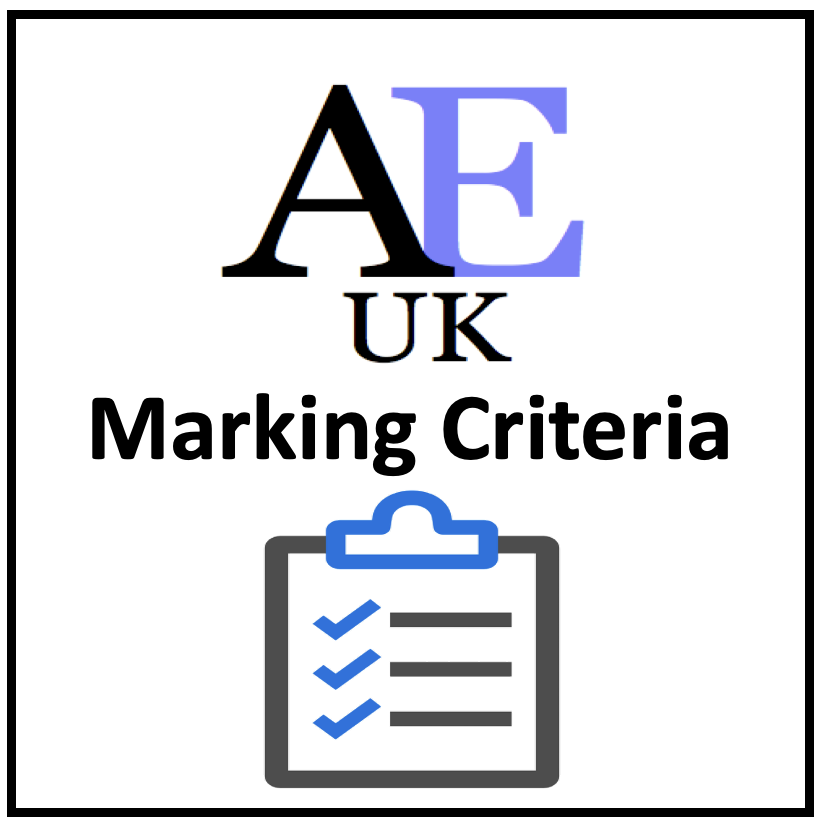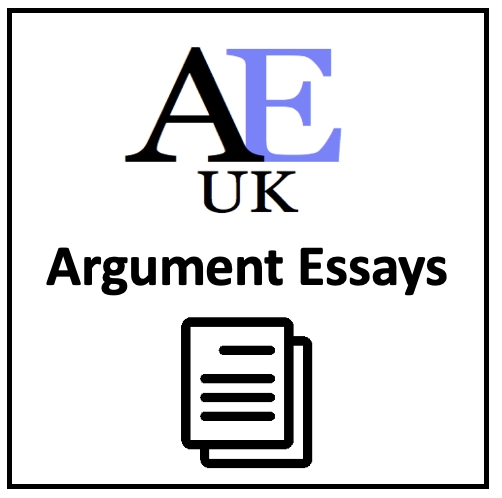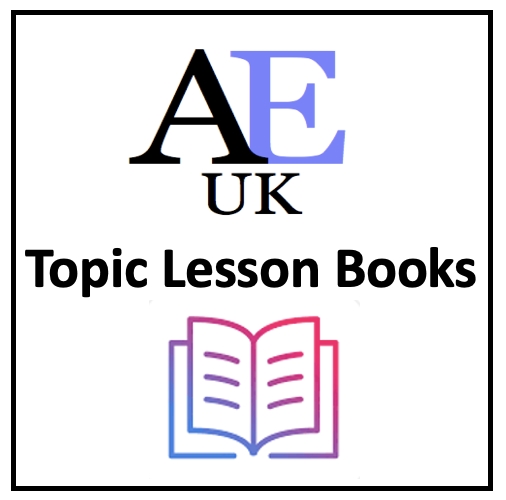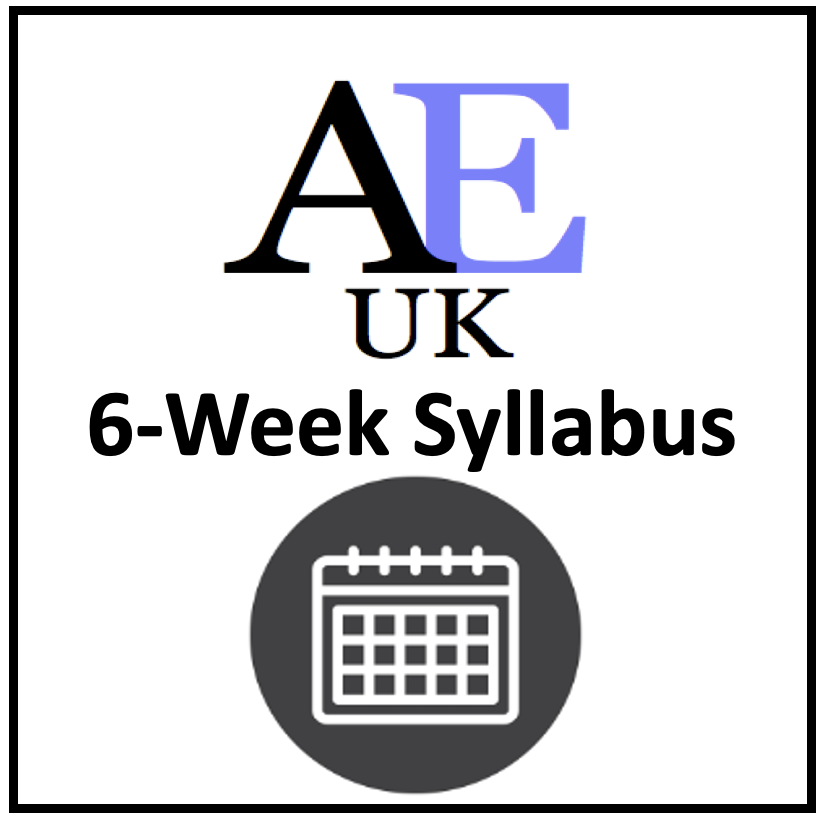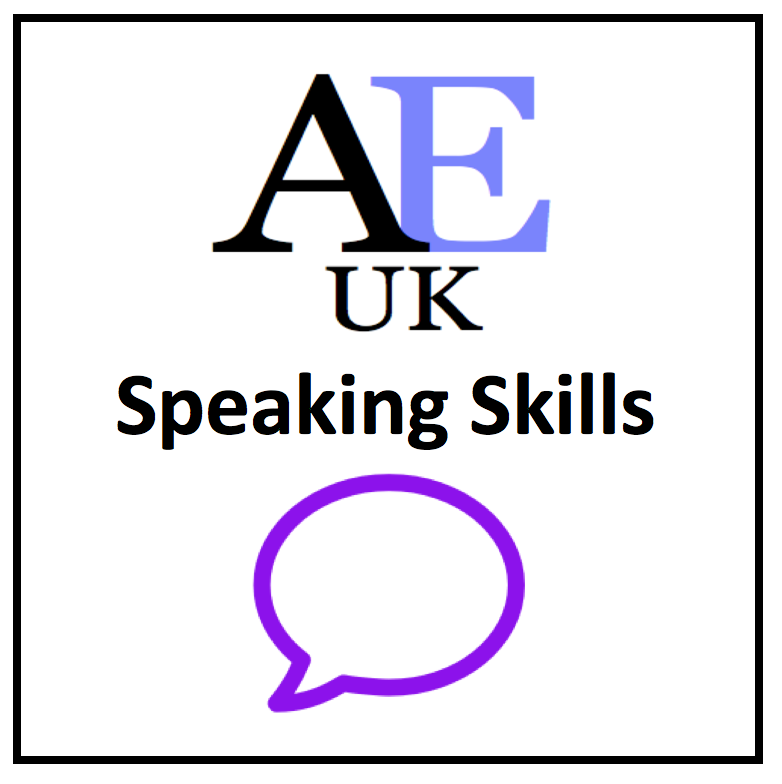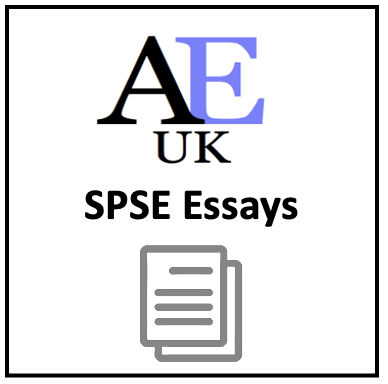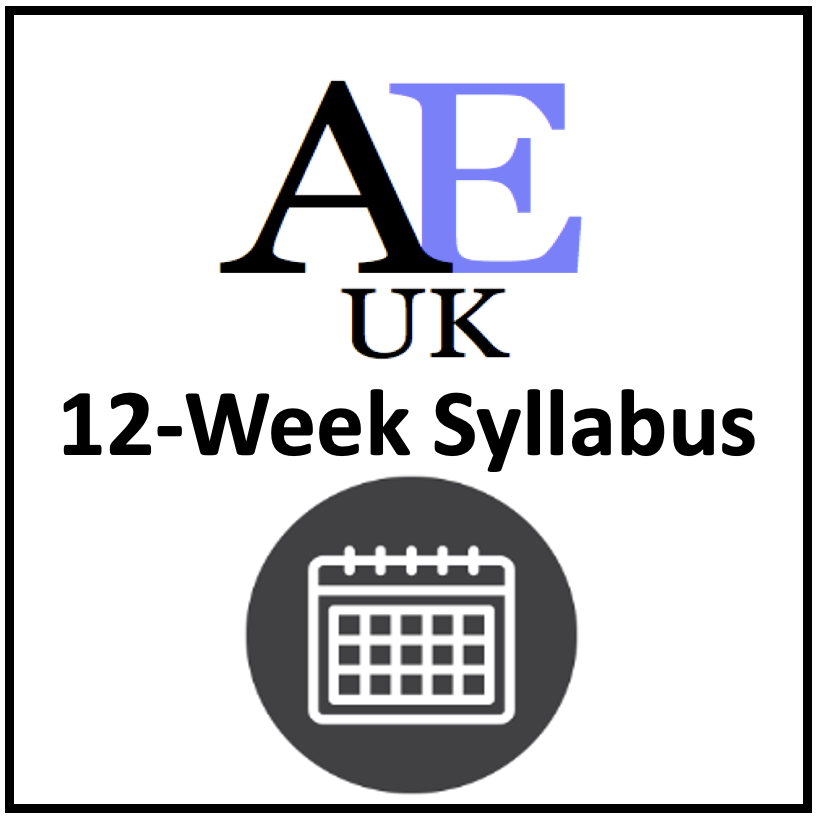Formality
This page discusses some of the key points and areas to be more formal in Academic English Writing. Although there is no set rules on formality at university, this information on academic style is generally accepted throughout most universities.
Contractions (it’ll, there’s)
All contracted forms need to be in full forms
E.g: it’ll, it will / it’s, it is / there’s, there is
please note – can’t, cannot (one word, not two)
Informal adjectives (hard, easy, big,)
Some adjectives are seen as informal
Hard: alternative more formal synonyms:
difficult, complicated, harsh, complicated, intolerable, unpleasant, undeniable.
Easy: alternative more formal synonyms:
effortless, elementary, manageable, simple, uncomplicated
Big: alternative more formal synonyms:
considerable, extensive, immense, substantial, tremendous
Idioms
These are often seen as informal and personal
(every coin has two sides… / on the other hand…)
Metaphors: (a rocky road ahead… / the bottom line…)
No Personal pronouns (I, you, he, she, you, they)
Try to avoid personal forms
Use ‘There‘ as a subject; e.g. ‘There is a serious risk of…’
Use ‘It’ as a subject; e.g. ‘It is impossible to…’
Use ‘One’ as a subject; e.g.
‘One may ask whether…’ (‘One’ is a formal version of ‘You’ [plural] in general)
Use Passive constructions
Passive construction help to make your writing less personal
They can learn English effectively…
English can be learnt effectively…
They analysed the data and they discovered
The data was analysed…
Use Gerunds (ing forms)
Present participle or gerunds help to create more complex forms
They have to speak English
Speaking English is necessary
If we understand the reasons behind…
Understanding the rationale indicates…
Noun phrases
Long noun subjects or objects are common in academic writing
We analysed the data and we found evidence….
Analysis of the data provided evidence….
They have many exercises to fill in the missing words available to learn from.
The availability of gap fill exercises enhance learning
Use Academic Word list (540 academic words)
High frequency academic words taken from a academic literature
[academic word list]
establish / acquisition / analysis / strategies / validity / beneficial / assumption / criteria / hypothesis / fundamental / initiative / presumption / differentiation / controversial / inevitable / intrinsic / exploitive / etc..
Use fixed academic phrases
Fixed phrases can be incorporated easily into your writing
It can be said / it could be argued that…
One major drawback of this approach is that ……
One of the most significant current discussions in …
It is important to note that…
[Academic phrases]
Colloquial / informal words expressions
Beware of using slang, and general English terms
Examples of informal / colloquial words are gonna / stuff / a lot of / things /
Stuff: alternative more formal synonyms:
effects, equipment, gear, goods, individual, kit, luggage, objects, paraphernalia, possessions, substances.
A lot of: alternative more formal synonyms:
abundant, adequate, considerable, plenteous, sizeable, substantial, sufficient, significant.
Things: alternative more formal synonyms:
aspects, areas, elements, facts, figures, materials, points, situations, subjects, information
Not sure use a synonym website: www.Thersaurus.com
Phrasal Verbs / Two word verb forms / Multi-word verbs
A verb + preposition are often considered informal
Examples of these are put off / look into / come across – there is usually a formal alternative;
put off: alternative more formal synonyms: postpone
look into: alternative more formal synonyms: investigate
come across: alternative more formal synonyms: discover
Informal Verbs
Some verbs are considered informal and there are more formal alternatives
For example; ‘get‘
alternative more formal synonyms:
acquire , accomplish, attain, become, capture, compass, draw, effect, elicit, evoke, extract, gain, obtain, realise, receive, secure, apprehend.
A chart of formal and informal verbs
informal |
formal |
informal |
formal |
seemclimbhelpstopbeginuseshortenshowgowantaskendtellgetkeepsay nofreemendneedlivekeep |
appearascendassistceasecommenceconsumedecreasedemonstratedepartdesireenquirefinishinformobtainpreserverejectreleaserepairrequireresideretain |
wholewrongworsedimenoughbetterclearunderstandinglackchancein chargeluckysightin the endat onceat firston and offmainlynextso |
completeincorrectInferiorIndistinctsufficientsuperiortransparentcomprehensiondeficiencyopportunityresponsibilityfortunatevisionfinallyimmediatelyinitiallyintermittentlyprincipallysubsequentlytherefore |
Check how academic your essay is – click here
Academic Style Lessons
Academic Style 1
Academic Style 1: 20 key features to writing
This lesson brainstorms academic style / formality in writing. Teacher conducts feedback by using visual highlighting & explaining the concepts. There are also 10x practice transformation exercises from informal to formal. (Example). It includes a PowerPoint: PPT Link in download.Webpage link.Time: 60mins. Level ***** [B1/B2/C1] // TEACHER MEMBERSHIP / INSTITUTIONAL MEMBERSHIP
Academic Style 2
Academic Style 2: Paragraph analysis, comparison and discussion
This lesson compares two paragraphs on CSR (informal and formal), discusses the conventions of academic style and finishes with a sentence re-writing activity.. (Example) Time: 60mins. Level ***** [B1/B2/C1] / Webpage link. / TEACHER MEMBERSHIP / INSTITUTIONAL MEMBERSHIP
Academic Style 3
Academic Style 3: Vocabulary 1 (AWL & Nominalisation)
This lesson is for general academic classes. It focuses on two key areas of academic writing: AWL and nominalisation. There are three worksheets comprising of a number of different activities to practise categorisation and reformulation at sentence and paragraph level. (Example) Time: 60mins. / Webpage link /Level ***** [B1/B2/C1] TEACHER MEMBERSHIP / INSTITUTIONAL MEMBERSHIP
Academic Style 4
Academic Style 4: STEM Vocabulary 2 (AWL & Nominalisation)
This lesson is for STEM classes (Science, Technology, Engineering and Maths). It focuses on two key areas of academic writing: AWL and nominalisation. There are three worksheets comprising of a number of different activities to practise categorisation and reformulation at sentence and paragraph level. (Example) Time: 60mins. / Webpage link /Level ***** [B1/B2/C1] TEACHER MEMBERSHIP / INSTITUTIONAL MEMBERSHIP
More Writing Resources
More digital resources and lessons
Readings
online resources
Tests
online resources
Grammar
online resources
Medical English
online resources
New for 2024
online resources
DropBox Files
Members only
Writing
online resources
Summary
online resources
Vocabulary
online resources
Instant Lessons
online resources
Marking Criteria
online resources
OneDrive Files
Members only
Listening
online resources
Argument
online resources
Critical Thinking
online resources
Topic-lessons
online resources
Feedback Forms
online resources
6-Week Course
Members only
Speaking
online resources
SPSE Essays
online resources
Free Resources
online resources
Charts and graphs
online resources
AEUK The Blog
online resources
12-Week Course
Members only



